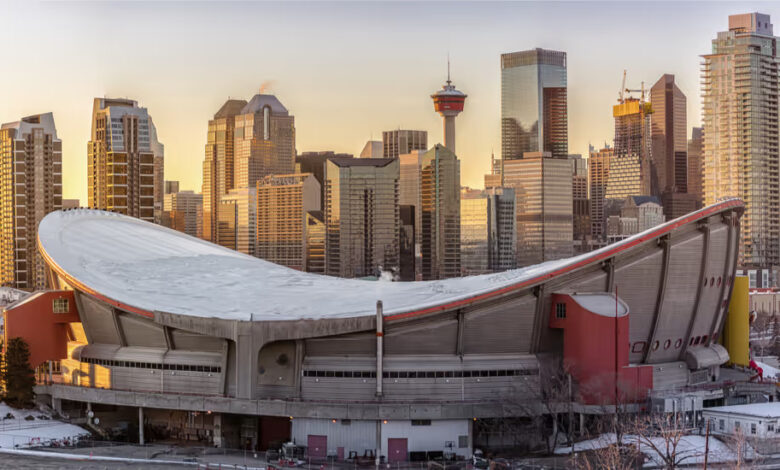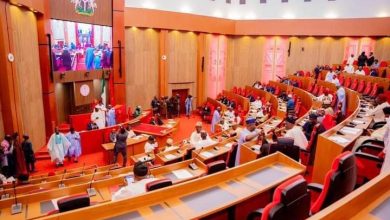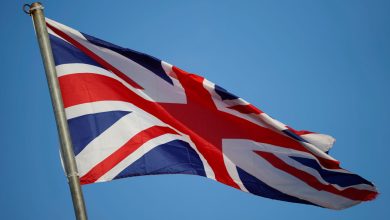It now costs more to live in Calgary than any other major Canadian city

The latest Market Basket Measure (MBM) update by Statistics Canada shows that it costs more to afford basic goods and live a “moderate” standard of living in Calgary than any other major Canadian city.
Basic necessities in Calgary totalled $55,771 in 2022. In comparison, Vancouver’s total was $55,727, Toronto came in at $55,262, and Edmonton’s total was $55,225.
“It does cost to live in these big cities, it does cost a lot of money,” Lindsay Tedds, an associate professor of economics at the University of Calgary and former member of the British Columbia Expert Panel on Basic Income, told Daily Hive Urbanized.
“Has it jumped quite a bit here in Calgary? Yeah, it has and we should be concerned.”
READ ALSO: Lagos delivered 3, 000 homes for residents in less than 5yrs–Sanwo-Olu
The figures, however, don’t tell the full story of affordability. But before getting into that, let’s break down the metric and what it actually means.
The Market Basket Measure is Canada’s official measure of poverty based on the cost of a specific basket of goods and services representing a “modest and basic” standard of living developed by Employment and Social Development Canada.
The thresholds represent the costs of specified qualities and quantities of things like food, clothing, shelter, transportation and other necessities for a family of two adults and two children.
READ ALSO: Abuja Power Crisis: Residents Demand Action Against Vandals
“Anybody earning below these numbers is living in low-income,” Tedds said. “They’re living in poverty.”
Housing is known to cost more in both Vancouver and Toronto, but both Calgary and Edmonton have seen a significant increase in rent and utilities, which made an impact on both cities’ affordability.
“Alberta has alarming levels of food insecurity, high costs for electricity and insurance and rents have skyrocketed in recent years,” Ameera Shivji with Vibrant Communities Calgary told Daily Hive Urbanized.
“I think the Alberta advantage is waning and if we need to bring in people for high-demand jobs, we need to get a handle on how we set people from other provinces and countries for success.”
Calgary ranked second nationally in 2021 at $51,861, with Vancouver being the only other big Canadian city exceeding its cost at $51,884.
And even though people make more on average in Calgary and in Alberta than in other cities, and the national average, Shivji said that can be misleading.
READ ALSO
“Calgary remains the second most unequal city in Canada after Toronto,” she said.
“Meaning the gap between the highest income earners and the lowest is wide and growing,” she said.
Around 200,000 Albertans are earning minimum wage. In Calgary, the living wage is almost $9 higher than the minimum wage.
Minimum wages are legislated by the provincial government and are set so that no employer may pay below the legal minimum.
A living wage reflects what people need to earn to maintain a modest standard of living.
It is determined by calculating average expenses using local costs, subtracting taxes, and adding government transfers for a given household.
Calgary’s minimum wage currently sits at $15 per hour for most employees and $13 per hour for people under the age of 18 and hasn’t increased since 2018.
A living wage considers basic needs and also allows for extra costs like pursuing continuing education, having emergency savings and building financial assets.
Employment income that is sufficient to cover the cost of living is vital to reducing poverty and building a resilient city and economy,” Shivji said.
“Right now in Calgary, about one in five people can’t afford their housing and about 115,000 people are at extreme risk of homelessness. Ultimately, we need all levels of government to move and move quickly on adding to and maintaining the affordable housing supply. “
Her organization, she said, was pleased to see the Alberta government and the federal government bring in several affordability measures over the past year to help with the cost of living and see moves to index income supports to inflation and programs like the federal dental benefit.
Source: Dilyhive





